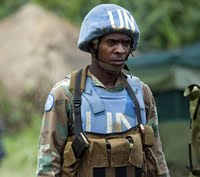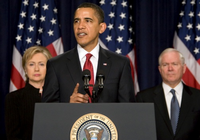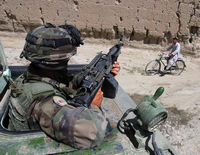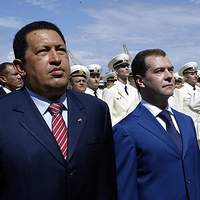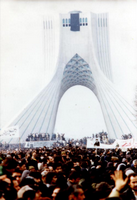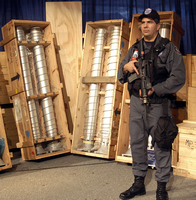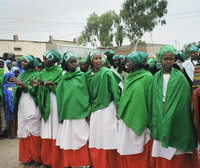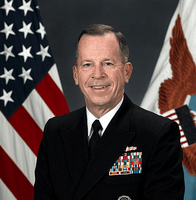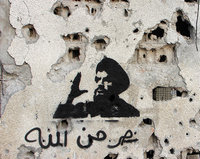
JERUSALEM — Last Friday, Sept. 11, Katyusha rockets fired from southern Lebanon landed near the town of Nahariya in northern Israel. Israel retaliated, firing shells into Lebanon and scrambling fighter jets. No one was hurt, but the incident highlighted just how easily and in how many ways fighting could restart across Israel’s dangerous northern border. The episode also brought to mind a mostly quiet rivalry that has lain dormant, but could stir without warning inside Lebanon: Hezbollah and al-Qaida despise one another, and in this part of the world, hatred usually leads to bloodshed. Israel declared that it held the […]


